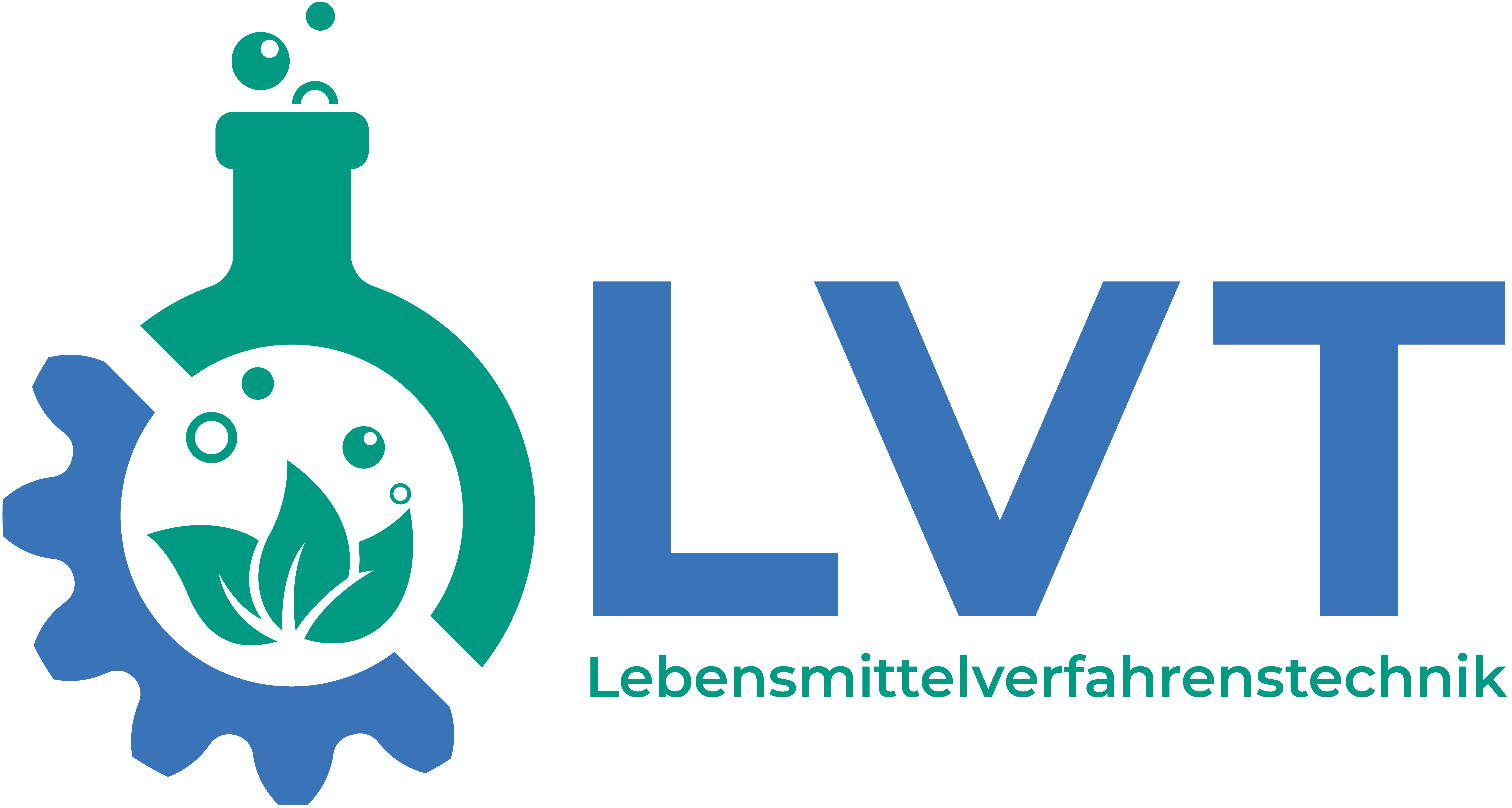AiF 21325 N: Modulation of the organoleptic properties of vegan yoghurt alternatives by using a pectin-based structuring approach
- contact:
- funding:
AiF, FEI
- startdate:
2020
- enddate:
2022
Brief project description
Due to their health benefits, fermented dairy products are a vital part of the daily alimentation of many. In recent years, consumers have been adapting a vegan, vegetarian or dairy-free lifestyle, mainly caused by allergies, intolerances or concerns of the environmental impact the dairy industry has. However, consumers do not want to miss the characteristic health benefits, texture and mouthfeel of dairy products. Plant-based fermented products offer an excellent sustainable alternative. Nonetheless, the texture of plant-based alternatives is often not satisfying consumers expectations, thus acceptance of these alternative products remains low. In this research proposal, we aim to improve texture and sensory attributes, such as creaminess and mouthfeel by incorporating pectin-based microgels into plant-based yogurt-alternatives. Due to their polymer/particle duality, microgels can swell, deform, interact with each other and with proteins and lipids, in ways that positively impact the texture of emulsion-based and protein-based products.
Previously delevoped methods will be employed to produce pectin-based microgels with specific shapes and sizes. The use of various pectin types will allow tailoring microgel features such as surface charge and gel strength. In order to understand how the microgels’ postive effects on texture can be exploited, microgel interactions in different solvent conditions will be investigated. The main focus lays on the swelling and aggregation behaviour of microgels in changing solvent conditions, so the optimal pectin-microgel form and size can be chosen for the aimed application. With the gained knowledge, microgels will be tested in a soy protein matrix and in emulsions. The rheological and tribological properties of the tested system will be investigated, thus finding correlations between microgel interaction with the lipids, proteins and solvent conditions and the obtained rheological and tribological properties of the food matrices. Finally, the ability of microgels to improve the texture of plant-based yogurt will be assessed on soy-based model products. With these results, it will be possible to improve existing vegan products and develop entirely new plant-based alternatives. Companies can satisfy growing consumer demands for natural food ingredients and for vegan, kosher or halal food products.

